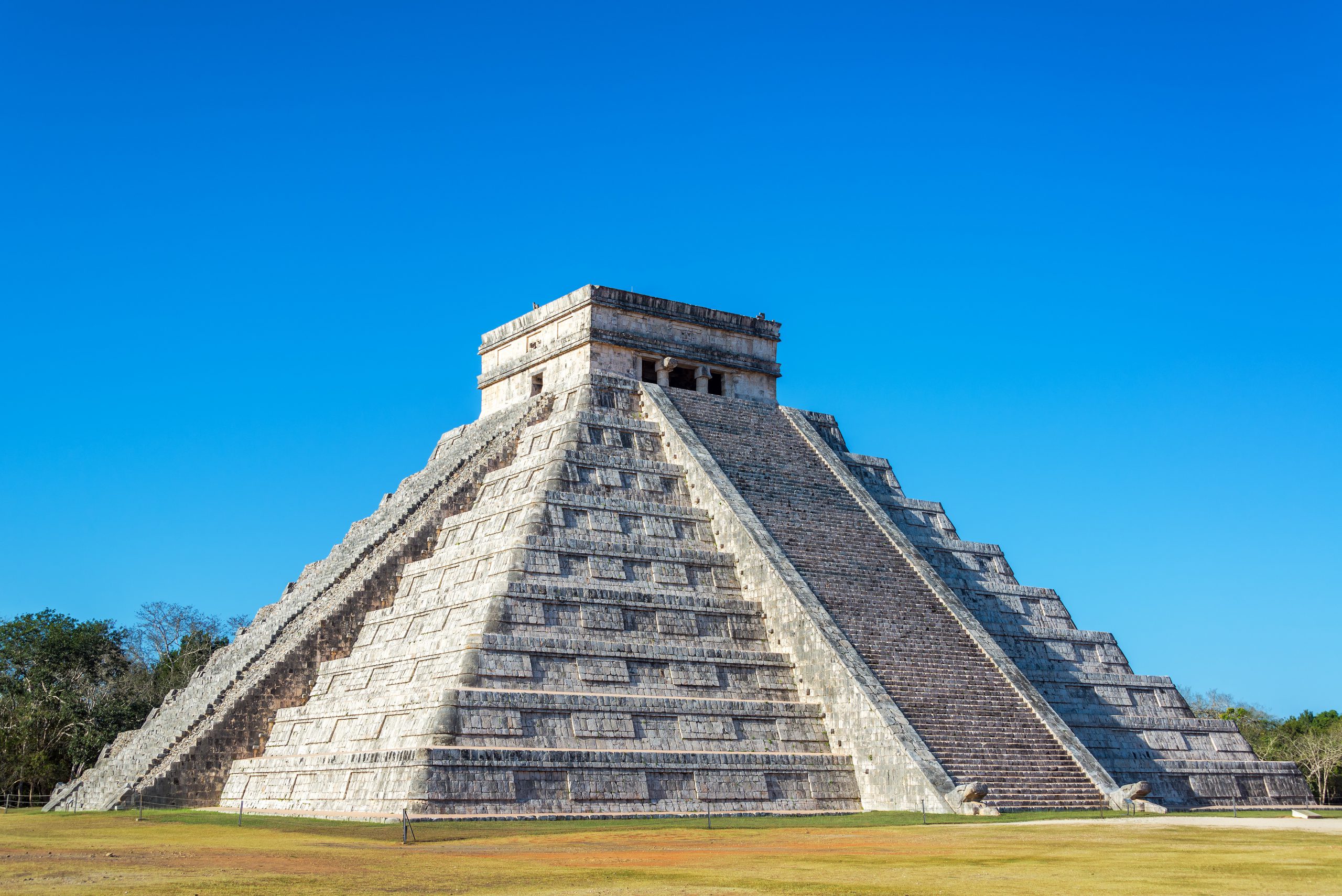The world of relationships has undergone a dramatic transformation in the past decade, thanks to the rise of social media. From the way we meet potential partners to how we communicate and maintain relationships, social media has completely changed the game. In this digital era of love, navigating the complexities of relationships has become more challenging than ever before. Let’s take a closer look at the rise of social media and its impact on relationships.
The birth of social media platforms like Facebook, Twitter, and Instagram has revolutionized the dating scene. Gone are the days of meeting someone in person or being set up by friends. Now, all it takes is a simple swipe or a like to potentially find the love of your life. The convenience and ease of online dating have made it the go-to method for many singles looking for love. In fact, a study by the Pew Research Center found that 30% of adults in the US have used a dating site or app, and 12% have married or been in a committed relationship with someone they met online.
However, as with any technological advancement, there are both positive and negative effects. On one hand, social media has made it easier for people to connect and form relationships, breaking down geographical barriers and allowing individuals to meet like-minded people they may not have encountered otherwise. On the other hand, it has also created a culture of instant gratification and superficiality. With the abundance of options available at our fingertips, it’s easy to become overwhelmed and constantly wonder if there’s someone better just a swipe away.
The impact of social media on relationships doesn’t end after the initial stage of dating. In fact, it continues to play a significant role in how couples communicate and maintain their relationships. With the constant access to each other’s lives through social media, it’s easy to fall into the trap of constantly comparing your relationship to others. This can lead to feelings of inadequacy and insecurity, as people tend to only showcase the best parts of their lives on social media.
Moreover, the pressure to present a perfect relationship on social media can also cause strain and conflict within the relationship. From posting overly romanticized photos to constantly tagging each other in public displays of affection, social media has created a culture of validation and external validation. Couples may feel the need to constantly prove their love to the world, leading to a lack of privacy and authenticity in their relationship.
Another aspect of social media that has a profound impact on relationships is the rise of “micro-cheating.” This refers to engaging in small, seemingly innocent behaviors with someone outside of the relationship, such as liking and commenting on their posts or sending flirty messages. While these actions may seem harmless, they can create feelings of jealousy and mistrust within the relationship. With social media blurring the lines of what is considered cheating, it’s more important than ever for couples to establish boundaries and openly communicate about their expectations.
The influence of social media on relationships doesn’t just stop at romantic partnerships. It also extends to friendships and family relationships. With the rise of social media, we have become more connected than ever before, but at the same time, we have also become disconnected. The constant scrolling and comparing ourselves to others can lead to feelings of loneliness and isolation, even when we have hundreds or thousands of online friends and followers. This can take a toll on our real-life relationships, as we may focus more on our digital connections rather than nurturing our in-person ones.
Despite the challenges that social media presents, it also has its positive effects on relationships. It allows couples to stay connected even when they are physically apart, through video calls, messaging, and sharing photos and updates. It also provides a platform for expressing love and appreciation publicly, which can strengthen the bond between partners. Social media can also be a helpful tool for long-distance relationships, as it provides a way to stay in touch and share experiences in real-time.
Additionally, social media has also opened the doors for building communities and support systems. From online forums and groups to virtual events and meetups, people can connect with others who share similar interests and experiences. This can be especially beneficial for those who may feel isolated or don’t have access to a supportive network in their everyday lives. It also allows individuals to expand their social circle and form new friendships, which can ultimately enhance their overall well-being.
So, how can we navigate the digital era of love and maintain healthy relationships in the age of social media? The key is to find a balance. Set boundaries and limit your time on social media, especially when you’re spending quality time with your partner. Communicate openly and honestly about your expectations and concerns regarding social media. And most importantly, remember that what you see on social media is not always an accurate representation of reality. Don’t let the curated lives of others affect your own relationship.
In conclusion, the rise of social media has had a profound impact on relationships. It has changed the way we meet and connect with potential partners and has also reshaped the way we communicate and maintain our relationships. While it has its downsides, social media also has its positive effects on relationships and can be a useful tool for building communities and staying connected. It’s up to us to find a balance and use social media in a way that enhances rather than hinders our relationships. After all, love and connection are what truly matter in this digital era of love.




